Top 5 Beauty Products That Revolutionized the Industry
Related Articles: Top 5 Beauty Products That Revolutionized the Industry
Introduction
With great pleasure, we will explore the intriguing topic related to Top 5 Beauty Products That Revolutionized the Industry. Let’s weave interesting information and offer fresh perspectives to the readers.
Table of Content
Top 5 Beauty Products That Revolutionized the Industry

The beauty industry is constantly evolving, with new products and trends emerging at an astonishing pace. However, some products have stood the test of time, becoming iconic staples in beauty routines worldwide. These products have not only revolutionized the industry but also redefined beauty standards and empowered individuals to embrace their unique features. This article delves into the top 5 beauty products that have left an enduring mark on the beauty landscape.
1. Retinol: The Anti-Aging Powerhouse
Retinol, a derivative of Vitamin A, has been a cornerstone of anti-aging skincare for decades. Its remarkable ability to stimulate collagen production, reduce the appearance of wrinkles, and even out skin tone has cemented its place as a skincare essential.
How Retinol Works:
- Collagen Boost: Retinol promotes the synthesis of collagen, the protein responsible for skin’s elasticity and firmness. This results in smoother, plumper skin and a reduction in fine lines and wrinkles.
- Cell Turnover: Retinol accelerates cell turnover, shedding dead skin cells and revealing brighter, more even-toned skin. This helps diminish the appearance of hyperpigmentation, acne scars, and age spots.
- Anti-Inflammatory Properties: Retinol possesses anti-inflammatory properties that can soothe irritated skin and reduce redness.
Benefits of Retinol:
- Reduces the appearance of wrinkles and fine lines.
- Improves skin texture and tone.
- Minimizes hyperpigmentation and age spots.
- Promotes collagen production for firmer, more youthful skin.
FAQs about Retinol:
-
Q: Is retinol safe for all skin types?
- A: While retinol is generally safe, it can be irritating for sensitive skin. It’s crucial to start with a low concentration and gradually increase it as your skin tolerates it.
-
Q: When should I apply retinol?
- A: Retinol is best applied at night, as it can make skin more sensitive to sunlight.
-
Q: What are the side effects of retinol?
- A: Common side effects include dryness, redness, and peeling. These are usually temporary and can be minimized by starting slowly and using a moisturizer.
Tips for Using Retinol:
- Start slowly: Begin with a low concentration of retinol and gradually increase it as your skin adapts.
- Use a moisturizer: Retinol can cause dryness, so it’s essential to use a moisturizer, especially during the day.
- Avoid direct sunlight: Retinol can increase skin’s sensitivity to the sun, so always wear sunscreen during the day.
2. Sunscreen: The Ultimate Skin Protector
Sunscreen has become a non-negotiable part of any skincare routine, protecting skin from the damaging effects of the sun’s ultraviolet (UV) rays. Regular sunscreen use is crucial for preventing sunburn, premature aging, and skin cancer.
How Sunscreen Works:
- UV Absorption: Chemical sunscreens absorb UV rays and convert them into heat, preventing them from reaching the skin.
- UV Reflection: Physical sunscreens, such as zinc oxide and titanium dioxide, sit on the skin’s surface and reflect UV rays away.
Benefits of Sunscreen:
- Prevents sunburn and skin damage.
- Reduces the risk of skin cancer.
- Slows down the aging process by preventing wrinkles, age spots, and other signs of sun damage.
- Protects against hyperpigmentation and uneven skin tone.
FAQs about Sunscreen:
-
Q: What SPF should I use?
- A: Dermatologists recommend using an SPF of 30 or higher for daily use.
-
Q: Do I need sunscreen even on cloudy days?
- A: Yes, up to 80% of the sun’s UV rays can penetrate clouds.
-
Q: How often should I reapply sunscreen?
- A: Reapply sunscreen every two hours, especially after swimming or sweating.
Tips for Using Sunscreen:
- Choose a broad-spectrum sunscreen: This protects against both UVA and UVB rays.
- Apply generously: Use enough sunscreen to cover all exposed skin.
- Reapply regularly: Sunscreen wears off over time, so reapply every two hours, especially after swimming or sweating.
- Store sunscreen properly: Keep sunscreen in a cool, dry place, away from direct sunlight.
3. Hyaluronic Acid: The Hydration Hero
Hyaluronic acid is a naturally occurring substance found in the body, renowned for its exceptional ability to attract and retain moisture. This potent humectant has become a staple in skincare for its unparalleled hydrating properties.
How Hyaluronic Acid Works:
- Moisture Magnet: Hyaluronic acid molecules can hold up to 1,000 times their weight in water, drawing moisture from the air and locking it into the skin.
- Skin Plumping: This intense hydration plumps up the skin, reducing the appearance of fine lines and wrinkles and creating a smoother, more youthful complexion.
Benefits of Hyaluronic Acid:
- Intensely hydrates the skin.
- Reduces the appearance of fine lines and wrinkles.
- Improves skin texture and elasticity.
- Soothes and calms irritated skin.
FAQs about Hyaluronic Acid:
-
Q: Is hyaluronic acid suitable for all skin types?
- A: Yes, hyaluronic acid is generally safe for all skin types, even sensitive skin.
-
Q: When should I apply hyaluronic acid?
- A: Hyaluronic acid works best when applied to damp skin, so it’s ideal to use it after cleansing and toning.
-
Q: Can hyaluronic acid cause breakouts?
- A: While hyaluronic acid itself is non-comedogenic (won’t clog pores), some formulations may contain ingredients that can cause breakouts. Choose products specifically formulated for acne-prone skin.
Tips for Using Hyaluronic Acid:
- Layer hyaluronic acid with a moisturizer: Applying a moisturizer over hyaluronic acid helps seal in the hydration and prevent moisture loss.
- Use a hydrating toner: Using a hydrating toner before applying hyaluronic acid prepares the skin for maximum absorption.
- Store hyaluronic acid properly: Keep hyaluronic acid in a cool, dry place to prevent it from degrading.
4. Vitamin C: The Brightening Booster
Vitamin C, a powerful antioxidant, has earned its place as a skincare hero for its ability to brighten the complexion, protect against environmental damage, and promote collagen production.
How Vitamin C Works:
- Antioxidant Protection: Vitamin C neutralizes free radicals, which are unstable molecules that damage skin cells and contribute to premature aging.
- Collagen Synthesis: Vitamin C is essential for collagen production, giving the skin its firmness and elasticity.
- Skin Brightening: Vitamin C inhibits melanin production, reducing the appearance of hyperpigmentation, dark spots, and uneven skin tone.
Benefits of Vitamin C:
- Brightens the complexion and evens out skin tone.
- Reduces the appearance of dark spots and hyperpigmentation.
- Protects against environmental damage caused by free radicals.
- Boosts collagen production for firmer, more youthful skin.
FAQs about Vitamin C:
-
Q: What type of vitamin C is best?
- A: There are different forms of vitamin C, including L-ascorbic acid, magnesium ascorbyl phosphate, and ascorbyl palmitate. Each has its own pros and cons, so it’s best to choose one that suits your skin type and concerns.
-
Q: When should I apply vitamin C?
- A: Vitamin C is best applied in the morning, as it can increase skin’s sensitivity to sunlight.
-
Q: Can vitamin C cause irritation?
- A: Some people may experience mild irritation, redness, or stinging when using vitamin C. If this occurs, start with a low concentration and gradually increase it as your skin tolerates it.
Tips for Using Vitamin C:
- Choose a stable form of vitamin C: Look for products containing L-ascorbic acid, which is the most stable and effective form.
- Apply to clean skin: Vitamin C absorbs best on clean skin, so apply it after cleansing and toning.
- Use a moisturizer: Vitamin C can be drying, so it’s beneficial to use a moisturizer after application.
- Store vitamin C properly: Keep vitamin C products in a cool, dark place to prevent oxidation.
5. Microneedling: The Skin Regeneration Revolution
Microneedling is a minimally invasive cosmetic procedure that uses tiny needles to create controlled micro-injuries in the skin. This triggers the body’s natural healing process, leading to increased collagen production and improved skin texture.
How Microneedling Works:
- Controlled Injuries: Microneedling creates tiny punctures in the skin, stimulating the body’s natural wound healing response.
- Collagen Boost: The body’s response to these micro-injuries is to produce new collagen and elastin, which improve skin elasticity and firmness.
- Improved Skin Texture: Microneedling helps reduce the appearance of fine lines, wrinkles, acne scars, and stretch marks by stimulating collagen production and smoothing out the skin’s surface.
Benefits of Microneedling:
- Reduces the appearance of wrinkles and fine lines.
- Improves skin texture and tone.
- Minimizes acne scars and stretch marks.
- Stimulates collagen production for firmer, more youthful skin.
FAQs about Microneedling:
-
Q: Is microneedling painful?
- A: Microneedling can cause some discomfort, but a numbing cream is typically applied beforehand to minimize pain.
-
Q: How long does it take to see results from microneedling?
- A: Results from microneedling are gradual and can take several weeks or months to become fully visible.
-
Q: How many microneedling sessions do I need?
- A: The number of sessions required depends on individual needs and goals. Most people require 3-6 sessions spaced 4-6 weeks apart.
Tips for Microneedling:
- Choose a qualified practitioner: It’s essential to have microneedling performed by a licensed and experienced professional.
- Follow aftercare instructions: Following proper aftercare instructions is crucial for optimal results and minimizing the risk of complications.
- Be patient: Results from microneedling are gradual and may take several weeks or months to become fully visible.
Conclusion
These top 5 beauty products have revolutionized the industry, offering solutions for a wide range of skin concerns. From the anti-aging power of retinol to the hydrating prowess of hyaluronic acid, these products have empowered individuals to embrace their unique beauty and achieve their skincare goals. As the beauty landscape continues to evolve, these products will undoubtedly remain essential tools for achieving healthy, radiant skin. Remember, consistency and a tailored approach are key to achieving optimal results and embracing the transformative power of these beauty staples.
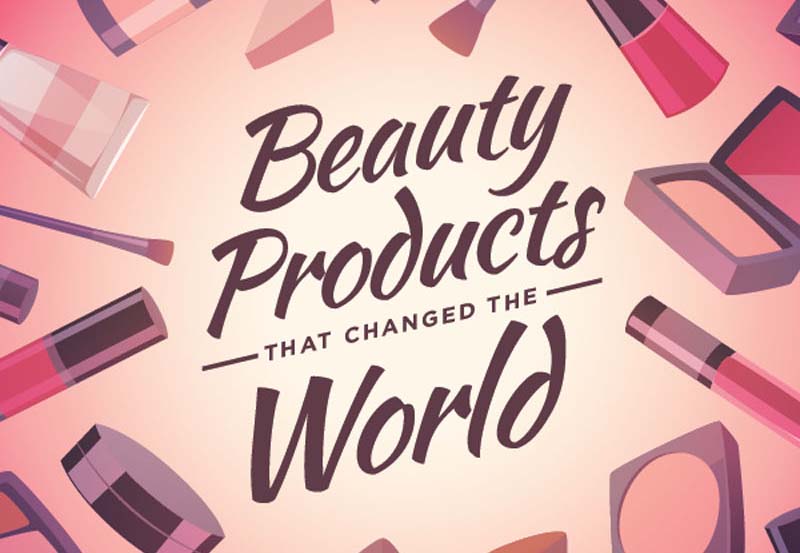

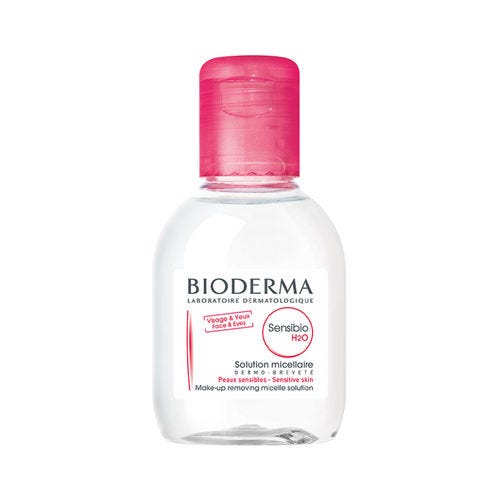
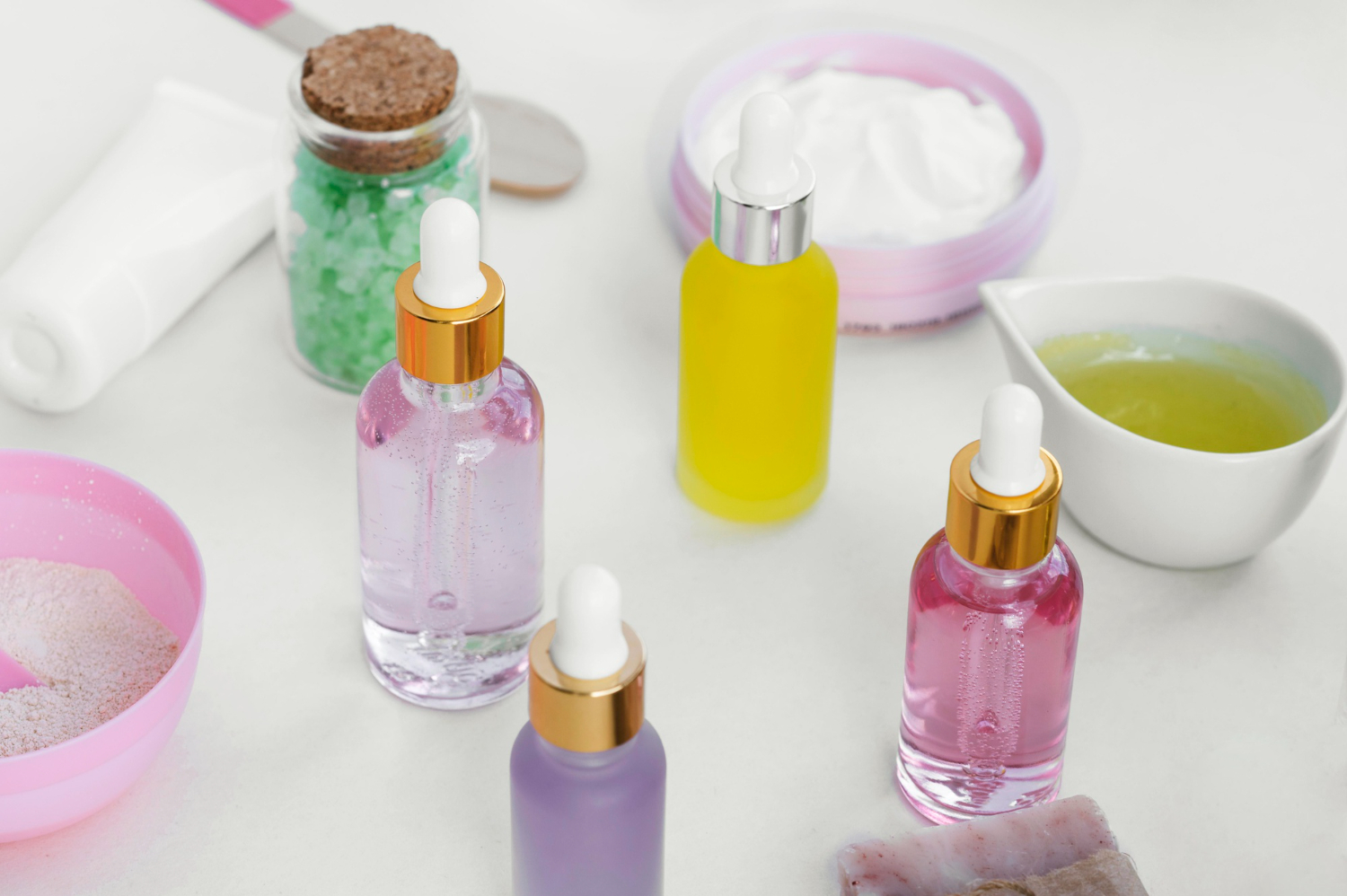
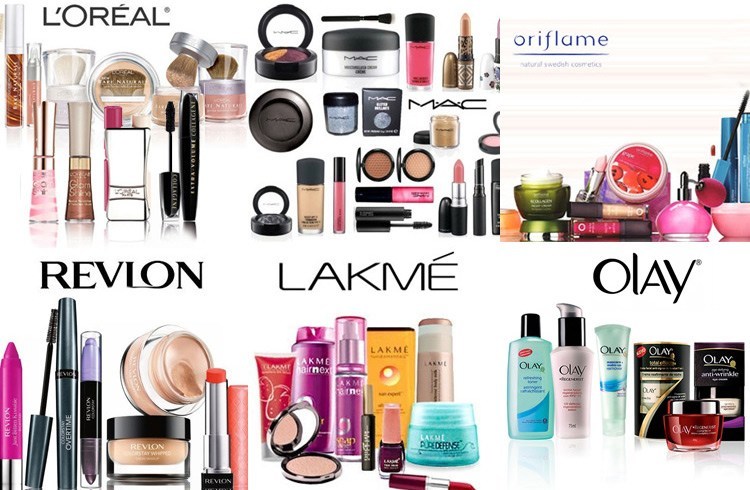
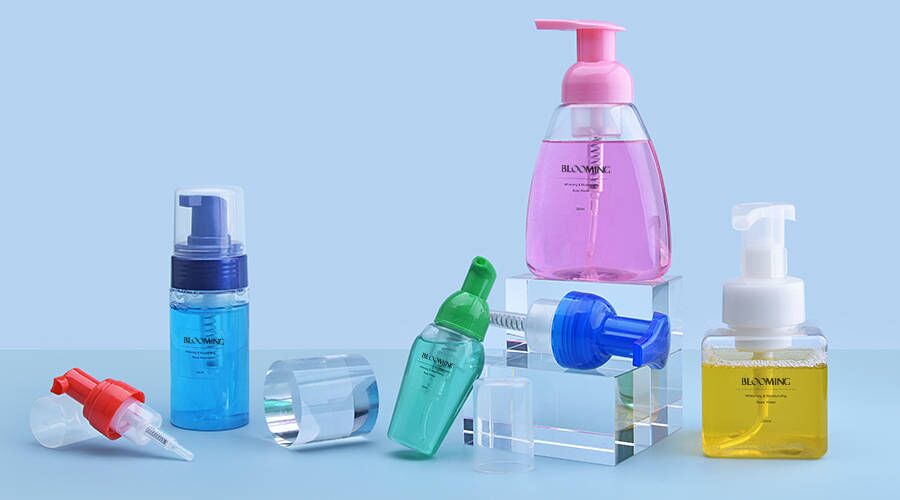
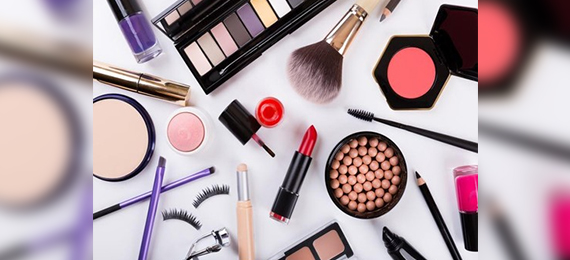
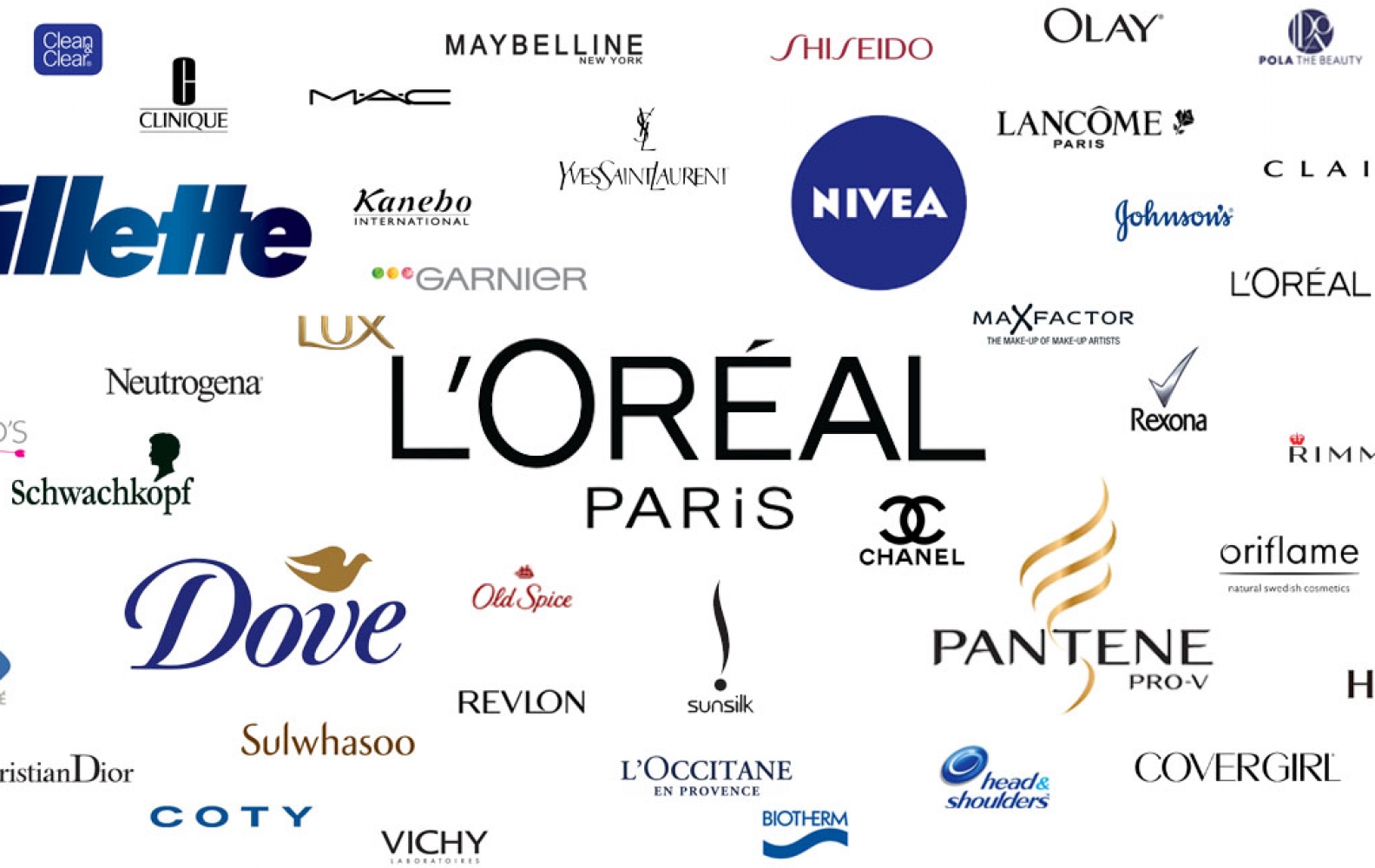
Closure
Thus, we hope this article has provided valuable insights into Top 5 Beauty Products That Revolutionized the Industry. We thank you for taking the time to read this article. See you in our next article!